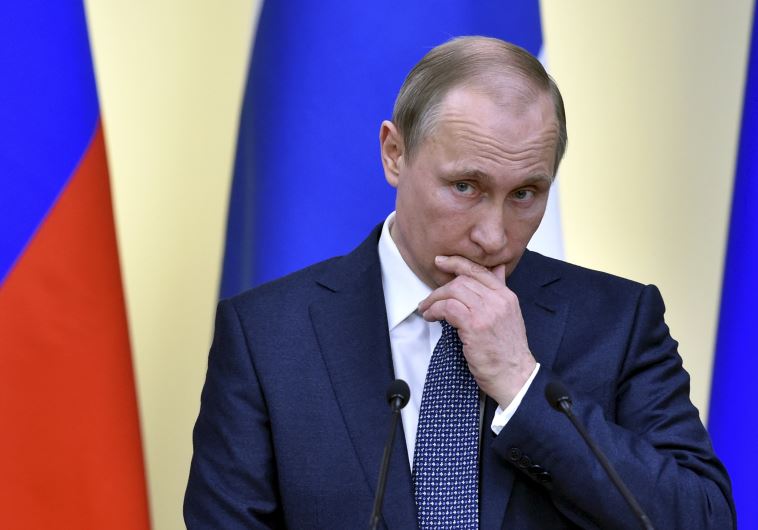Claims of grandfather's Nazi past part of Russian smear campaign, Canadian FM says
Chrystia Freeland has found herself on the wrong side of the Russian government since becoming a Canadian politician over four years ago.
 Russian President Vladimir Putin Updated:
Russian President Vladimir Putin Updated: